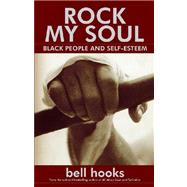World-renowned scholar and visionary bell hooks takes an in-depth look at one of the most critical issues of our time, the impact of low self-esteem on the lives of black people.
Without self-esteem everyone loses his or her sense of meaning, purpose






